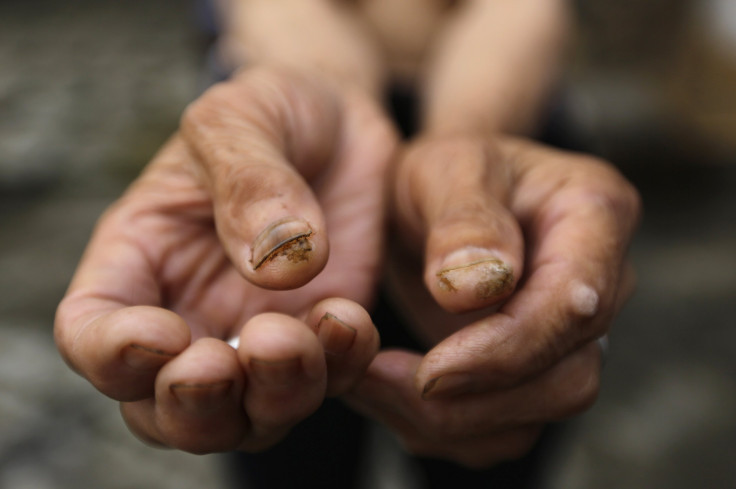Skin cancer fact: Pregnant women with melanoma more likely to die than non-pregnant women with melanoma

Researchers at the Cleveland Clinic’s Dermatology & Plastic Surgery Institute have revealed a dark fact about the deadly disease melanoma, a form of skin cancer. They are of the opinion that pregnant women with skin cancer melanoma are more likely to die from the disease than non-pregnant women with melanoma.
The study, published in the Journal of the American Academy of Dermatology, states that women who were diagnosed with melanoma during their pregnancy or within one year of delivery were more than five times likely to die from skin cancer than women who were not pregnant but with the deadly skin cancer.
The research also revealed that pregnant women with melanoma or who were recently pregnant are at a greater risk (seven times more) of experiencing metastasis, which is spreading of the cancer to other body parts, than non-pregnant women with melanoma. Moreover, the pregnant women are nine time more likely to see a recurrence of the cancer over the next 7.5 years.
Read Summer, sunburn, sunscreen and skin cancer – Australians have a lot to worry about
“The rate of metastasis, recurrence and death in our findings were astounding – as the rates were measurably higher in women who were diagnosed with melanoma while pregnant or within one year of delivery,” said Brian Gastman, senior author, MD, plastic surgeon and director of melanoma surgery at the Cleveland Clinic.
The researchers used large clinical database to analyse the records of 462 women, aged 49 and younger and who had been diagnosed with melanoma between 1988 and 2012. Among the 462 women, 41 of them had skin cancer during pregnancy or within a year of delivery.
The average age of the women was 35 years at the start of the study. They were studied for a minimum of seven years. Shockingly, most of the women were diagnosed with stage 0 or 1 melanoma.
“Along with a higher risk for death, the findings showed that melanoma during or right after pregnancy meant the women were 6.9 times more likely to experience metastasis – spreading of the cancer to other organs – and 9.2 times more likely to have a recurrence,” Gastman added.
According to an email to Reuters, Gastman says the best time to prevent melanoma is before women reach child-bearing age. He pointed out that parents must limit their kid’s exposure to sun’s UV-rays and make it a point to make them wear protective clothing and sunblock whenever they step outdoors. Gastman also advised parents to educate their teenage daughters about the risks involving tanning beds.





















